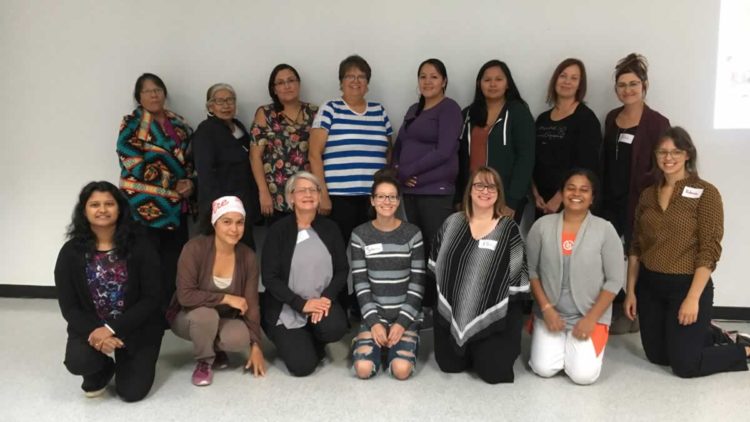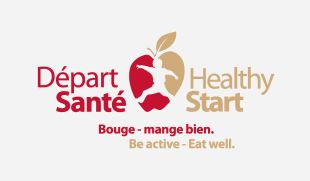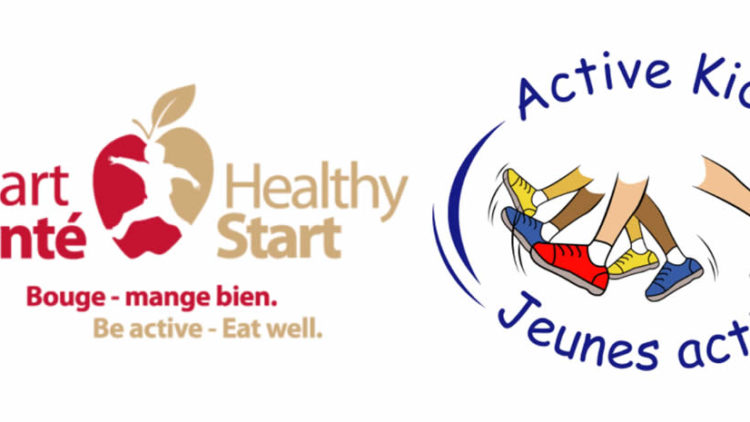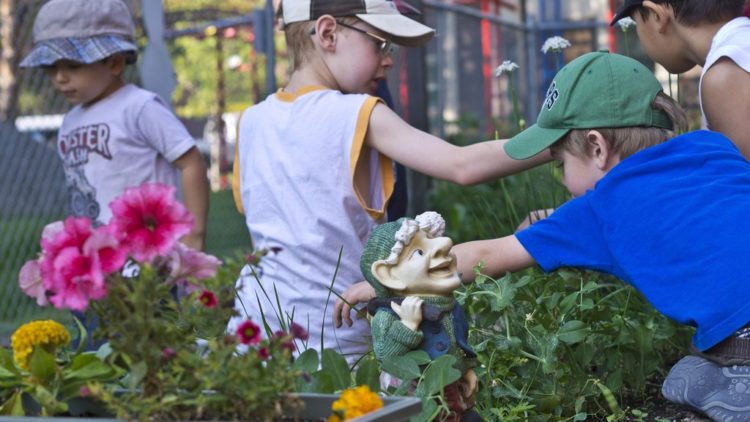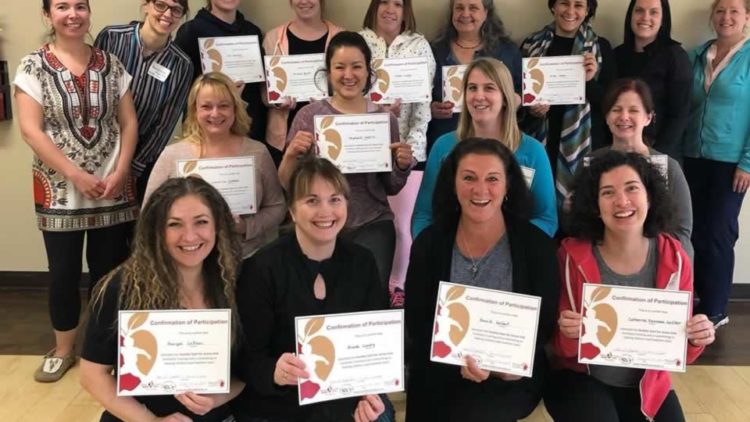An involved parent can make a difference
On behalf of a parent of two small children Alex (3 ½ years old) and Milie (15 months) and as a health professional, I hold a certificate from the Healthy Start program. As a health professional responsible for clinical teaching in the University of Moncton nursing program, I participate in conferences or professional development courses. In the list of courses offered by the University of Moncton’s vocational training centre, I discovered the Healthy Start program. I decided to do this training on my own time to acquire knowledge, first as a mom who holds her children’s development at heart, but also as a professional to better guide my students during their learning with the children. During this training, I was impressed by the amount of relevant information it conveys. I have therefore done some research to find out how daycare centres can participate in this program. To my great surprise, only two daycare centres in the region of Moncton / Shediac / Cap-Pelé are on the Healthy Start list. So I have transmitted all the relevant information to the owners of my children’s daycare centre. I was surprised to learn that they had never heard of that training program. So I sent a request for information and Gabriel Lepage-Lavoie quickly responded. Thank you for the information and the informal conversation. This program is a great opportunity for daycares to help with the development of children. I highly encourage parents, health professionals and trainers involved in the development of children to take the time to do the training. Being involved with the first year undergraduate nursing program, I intend to bring this information on this training at a university meeting with the recommendation that it gets integrated to its program. Following my comments, staff from my children’s daycare opted to follow the training in person. Monica McGraw Shediac, New-Brunswick


